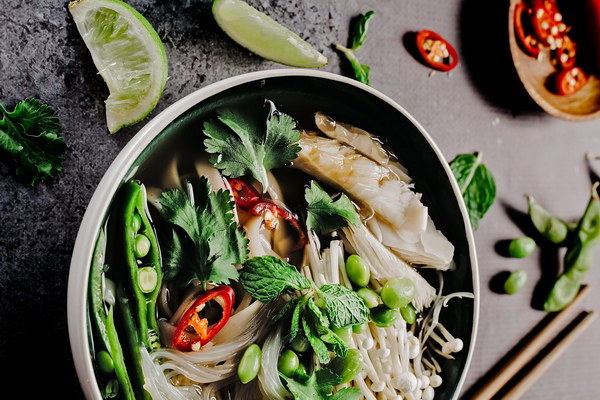Is Gongmei Tea Beneficial for Liver Health or Harmful
Gongmei tea, a traditional Chinese herbal tea, has been widely consumed for its numerous health benefits. However, there has been some debate regarding its impact on liver health. In this article, we will delve into the topic and determine whether Gongmei tea is beneficial for the liver or potentially harmful.
Gongmei Tea: An Overview
Gongmei tea is made from the leaves of the Camellia sinensis plant, which is the same plant used to produce green tea. The leaves are harvested in the springtime and then dried, rolled, and steamed to create the distinctive Gongmei tea leaves. This tea is known for its delicate taste and aroma, as well as its numerous health benefits.

Potential Liver Benefits of Gongmei Tea
1. Antioxidant Properties: Gongmei tea is rich in antioxidants, which help protect the liver from damage caused by free radicals. Free radicals are unstable molecules that can cause cellular damage and contribute to the development of liver diseases such as cirrhosis and liver cancer.
2. Detoxification: Gongmei tea contains compounds that aid in the detoxification process, helping to eliminate harmful substances from the liver. This can help prevent liver damage and improve liver function.
3. Blood Sugar Regulation: Studies have shown that Gongmei tea may help regulate blood sugar levels, which is beneficial for individuals with diabetes. Since diabetes is a risk factor for liver disease, maintaining stable blood sugar levels can help protect the liver.
4. Cholesterol Reduction: The polyphenols found in Gongmei tea have been shown to help reduce cholesterol levels, which can help prevent the buildup of plaque in the liver and reduce the risk of liver disease.
Potential Liver Risks of Gongmei Tea
1. Overconsumption: While Gongmei tea offers numerous health benefits, excessive consumption can lead to negative side effects. Drinking too much Gongmei tea can cause stomach upset, nausea, and in some cases, liver damage due to the high caffeine content.
2. Drug Interactions: Gongmei tea contains compounds that can interact with certain medications, potentially leading to adverse effects on the liver. Individuals taking medications for liver conditions or other health issues should consult with their healthcare provider before consuming Gongmei tea.
3. Allergic Reactions: Although rare, some individuals may experience allergic reactions to Gongmei tea, which can cause liver damage in severe cases.
Conclusion
In conclusion, Gongmei tea has both potential liver benefits and risks. While it may offer protection against liver damage, excessive consumption and drug interactions can pose risks. To maximize the benefits and minimize the risks, it is essential to consume Gongmei tea in moderation and consult with a healthcare provider if you have any concerns or pre-existing liver conditions.
Overall, Gongmei tea can be a healthy addition to your diet when consumed responsibly. Its high antioxidant content and potential detoxifying properties make it a valuable tea for liver health. However, it is crucial to be aware of the potential risks and to make informed decisions regarding your tea consumption.









